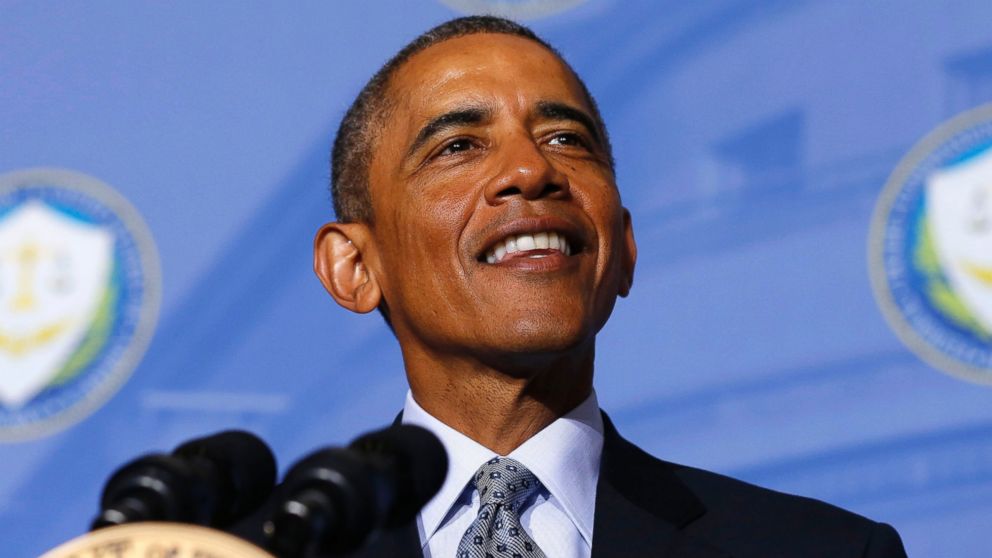What President Obama's Proposed Cyber Safeguards Mean for You
The president wants new laws to protect consumers online.

— -- Following recent high-profile hack attacks on U.S. companies, President Obama wants new protections for American consumers.
On a visit to the Federal Trade Commission, Obama unveiled several pieces of proposed legislation he said will boost cyber-security, improve consumer privacy and prevent identity theft. The measures are expected to be included in his State of the Union address next week.
“This is a direct threat to the economic security of American families, and we've got to stop it,” Obama said of cyber-crime. “If we’re going to be connected, then we have to be protected.”
Congress will need to act on the proposals, and require Republican support. Here is how Obama's proposed measures might impact you:
1. 30-Day Notification If Your Data Is Breached
Obama wants a new national standard established in federal law that would require companies to notify consumers within 30 days any time their personal data has been exposed. Currently, there is a patchwork of state regulations governing company obligations after a data breach. The administration says a uniform policy would help consumers and save companies money. “Sometimes folks don’t even find out their credit card information has been stolen until they see the charges show up on their bill, when it’s too late,” Obama said.
2. Access to Credit Scores Free of Charge, More Often
Obama is using the bully pulpit to urge more banks to provide consumers with their credit scores for free, more often. The president called the scores an “early warning system to let you know when you've been hit by fraud” and a chance to take remedial action. Federal law already mandates consumer access to one free copy of their credit report per year.
3. Consumer Privacy Bill of Rights
Three years after he first announced a framework for a so-called “privacy bill of rights,” Obama is making a push for it to become law. The administration hopes to build momentum after a spate of high-profile consumer data breaches involving retailers Target, Home Depot and Neiman Marcus. The president said he believes there should be “baseline protections” governing the use and holding of consumer data by all companies. The White House is set to introduce draft legislation next month. Industry groups, from retailers to banks, have advocated for self-regulation rather than government rules.
4. Extra Digital Privacy for Classrooms
With the expanded use of laptops, iPads and other devices connected to the Internet in American classrooms, Obama wants new limits on what data can be collected and used by online companies and advertisers. The White House has proposed regulations modeled after a California law that would prohibit companies from gathering and selling student data, such as search history, for any reason other than educational purposes. “Data collected in the classroom should only be used to teach our children, not to market to our children,” Obama said. “We want to prevent any kind of profiling.” Dozens of companies have already voluntarily pledged to do this; Obama wants a nationwide mandate.
Obama Sanctions North Korea After Sony Cyberattack
Obama to Focus on Cybersecurity Issues
Dempsey Describes Cyberwarfare As Level Playing Field




